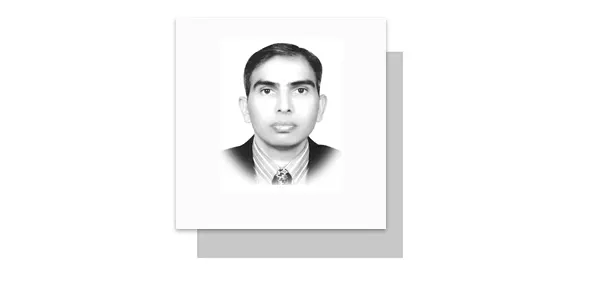A three-member Bench of the Supreme Court, including the Chief Justice of Pakistan, stripped PTI of its election symbol bat by upholding the decision of the Election Commission of Pakistan. PTI was delaying intra-party elections since Covid to keep the lifetime party head at the cost of a level playing field in the party while demanding it at the national level. CJP Justice Isa had earlier said that there should be democracy both in the country and political parties. It is a landmark judgment for holding free and fair intra-party elections, which until now were nothing but a sham. It has also opened a window for a handful of democratic reforms, including a review of the 18th Amendment, which protects dynastic politics with lifetime party leadership in the family. The need for mandating a maximum of two terms for the PM, a 4-year term of parliament. Senate also needs change because the existing arrangement as part of the two-party charter of democracy blocks accountability of [last] governments.
PTI is playing the victim card. As part of a planned strategy, the party brought the case to the Supreme Court after challenging the ECP decision in two provincial high courts. The tactic of forum shopping tactics was exposed during the SC hearing. The party failed to defend its case and ultimately fell into its own trap. The live streaming of the case has thwarted propaganda against the judiciary. Now it warrants immediate action by all concerned to stop the presidential system of politics undermining the country’s parliamentary system. PTI government fell after a vote of no confidence. It has refused to sit in the opposition benches and taken to the street instead, which is against the parliamentary form of democracy. The party fought the election under a parliamentary system, but it is using the presidential form of campaigning and has taken the country hostage for the last two years. They are promoting the party leader as a brand and turning the election into a popularity referendum, which destroys the party manifesto, which is the crux of the parliamentary form of democracy. Imposing dictatorial leadership and majority governments result in a sense of deprivation in MPs of smaller provinces, which ultimately weakens unity, democracy, and the federation.
The unfolding Trump politics shows the sleaze is far from over in Pakistan. During the four-year rule, PTI government refused to be held accountable in the parliament daily. The cabinet members refused to be answerable for what all went wrong during their term. Their PM would make speeches, hold telethons, and press conferences to avoid democratic accountability in the parliament. That is how PTI avoided accountability during its government and contesting the next election without any party manifesto and its scrutiny. In a parliamentary system, a PM is just another member of parliament who is chosen by the fellow members to run the government. The PM is accountable to the house, the committees, and his/her constituency. The American president is elected by the voters from the entire country, whereas a PM in Pakistan, like the UK, is only elected from a constituency. The average number of registered voters in a national assembly constituency in Pakistan is less than four lacs.
To fight populism, the country should be educated about the difference between PM and president. The SC PTI judgment strengthens democracy. It is now a constitutional obligation of the state and all democratic institutions to restore the parliamentary system of democracy in the country through a ruthless transparent system of checks and balances to eliminate populism by ensuring a level playing field for all lawmakers, not just the PM and the political parties. To reset democracy, it means taking away funding (PSDP) from MPs, bringing local governments as the third tier of public representations, a vote of no confidence, daily PMQs, strong media oversight, effective oversight of judiciary (judicial review), the strengthening role of the Public Accounts Committee during the government in office, ministers’ code of conduct, conflict of interest, lobbying, funding, live-streaming of PM and cabinet members facing committees, and then publishing them on their websites.
There are important lessons from America and the UK for having a robust democracy in Pakistan. The Congress Jan 6 Committee’s 17 findings, accusing Trump of making false claims and plotting to overturn the 2020 election results, highlight the challenges of populism, false propaganda, and unlawful militias. Lessons from the January 6 Hearings, released by the Brennan Centre for Justice, emphasize the need to address structural flaws in American democracy, including strengthening election processes and countering disinformation. In the US, media accountability is evident with Fox paying $787 million over false election claims, and Meta settling the Cambridge Analytica scandal for $725 million. Rudy Giuliani, Trump’s lawyer, faced a $148.1 million damages order for lies about election workers. Meanwhile, in the UK, democracy faces challenges after the Supreme Court ruled Johnson’s parliament suspension unlawful. A quarter of Tory MPs having second jobs, gerrymandering, and a flawed voting system contribute to the precarious state of democracy.
—The writer is senior political analyst based in Islamabad.
Email: [email protected]
views expressed are writer’s own.










